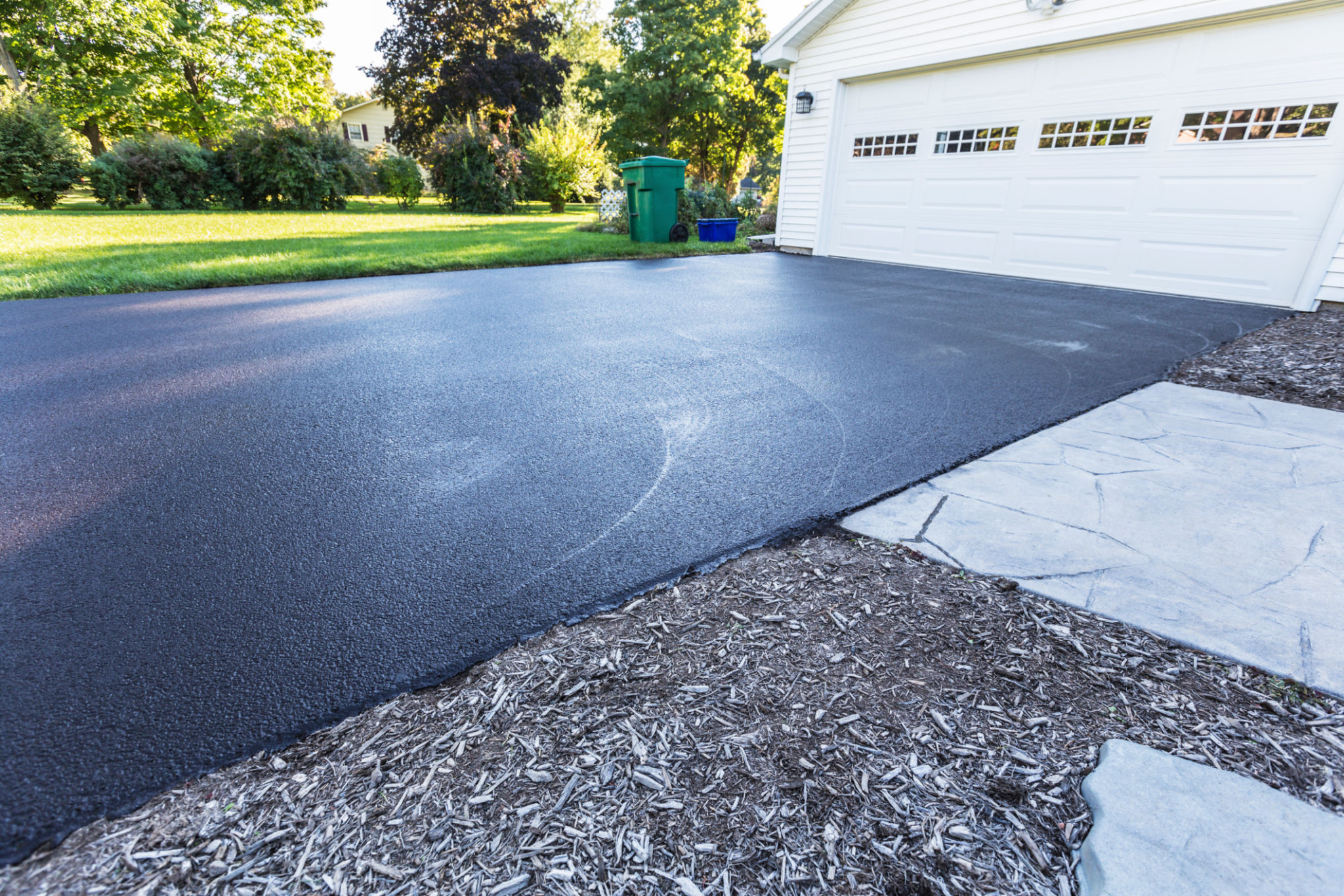Comparing Concrete vs. Asphalt for Driveways: What’s Best for You?
Understanding Driveway Material Options
When it comes to choosing the right material for your driveway, two popular options often come to mind: concrete and asphalt. Both materials offer distinct advantages and have their own set of drawbacks. Understanding these differences will help you make an informed decision that best suits your needs, budget, and aesthetic preferences.

Durability and Longevity
Concrete driveways are renowned for their durability and can last up to 30 years or more with proper maintenance. Their ability to withstand heavy loads makes them a preferred choice for homeowners looking for a long-term solution. On the other hand, asphalt driveways generally last around 15 to 20 years, though they can be resurfaced to extend their lifespan.
The longevity of both materials largely depends on the climate and the level of maintenance provided. For instance, asphalt may soften in extremely hot temperatures, while concrete can crack under freezing conditions if not properly installed.
Maintenance Requirements
Maintenance is a key factor when comparing concrete and asphalt driveways. Concrete driveways require less frequent maintenance but may need occasional sealing to prevent stains and damage from road salts or chemicals. Conversely, asphalt driveways require regular sealing every few years to maintain their appearance and structural integrity.

A well-maintained driveway not only enhances curb appeal but also extends the lifespan of the material. Regular inspections for cracks or damage can prevent minor issues from becoming costly repairs.
Cost Considerations
The initial cost is often a deciding factor for many homeowners. Asphalt driveways are typically less expensive to install than concrete. However, the ongoing maintenance costs for asphalt, including regular sealing, can add up over time. Concrete driveways, while more expensive upfront, may prove more cost-effective in the long run due to their reduced maintenance needs.

Aesthetic Appeal and Customization
When it comes to aesthetics, concrete driveways offer more versatility. They can be stamped, stained, or colored to match your home’s exterior or landscape design. This customization allows for a range of textures and finishes that can elevate the overall look of your property. Asphalt driveways, meanwhile, offer a classic black finish that can complement any home style but lacks the customization options of concrete.
Environmental Impact
Considering the environmental impact is also important. Concrete production is more energy-intensive, contributing to higher carbon emissions. However, concrete's long lifespan can offset some of these initial environmental costs. Asphalt, being a petroleum product, has its own environmental concerns but is often recycled at the end of its life.
Both materials have their merits and drawbacks in terms of sustainability; thus, homeowners may want to consider eco-friendly options or recycled materials when planning their driveway installation.
Conclusion: Making the Right Choice
The decision between concrete and asphalt ultimately comes down to your personal preferences, budget, and specific needs. If you prioritize durability and low maintenance, concrete might be your best bet. If cost and flexibility in repairs are more important, then asphalt could be the ideal choice.
Ultimately, the best choice is one that aligns with your lifestyle and enhances the value and functionality of your property.